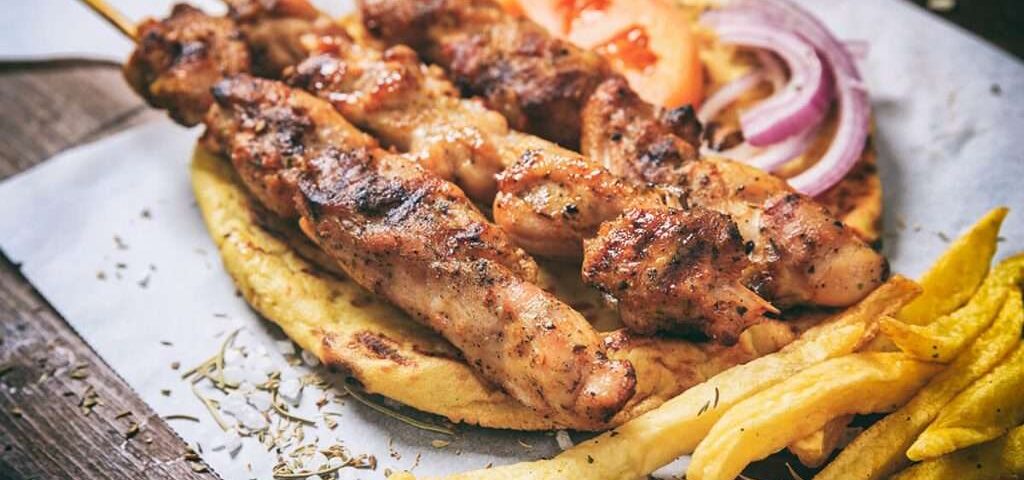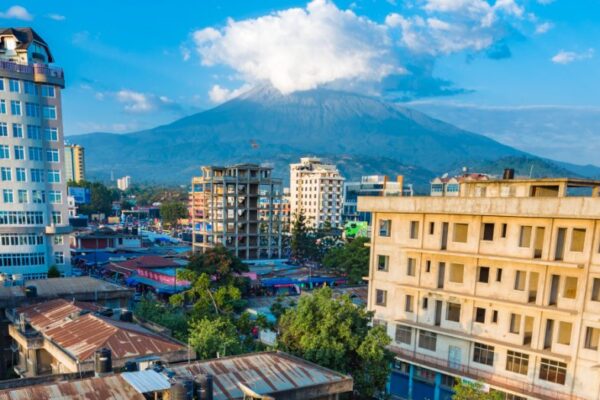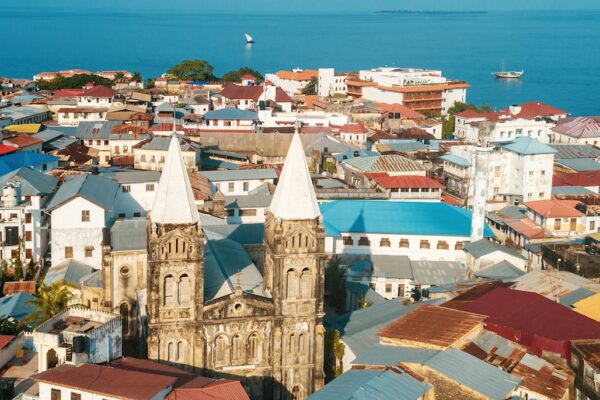
Urban Safari: Wildlife Encounters in Arusha City
April 29, 2025Dar es Salaam Waterfront & Street Food Guide
Dar es Salaam is more than Tanzania’s bustling commercial capital — it’s a vibrant, sun-soaked coastal city where culture, cuisine, and coastline meet. Whether you’re watching the Indian Ocean shimmer at sunset, enjoying sea-view dining at Slipway, or weaving through food stalls packed with sizzling local favorites, Dar es Salaam is a sensory delight for travelers who want to connect with the rhythm of the city.
This guide, crafted by Traford Safaris Ltd, offers an in-depth journey through Dar es Salaam’s laid-back waterfront lifestyle and its exciting street food culture. Here’s how to experience it like a local — with flavor, fun, and unforgettable views.
Ocean Breezes, Boardwalks, and Local Charm
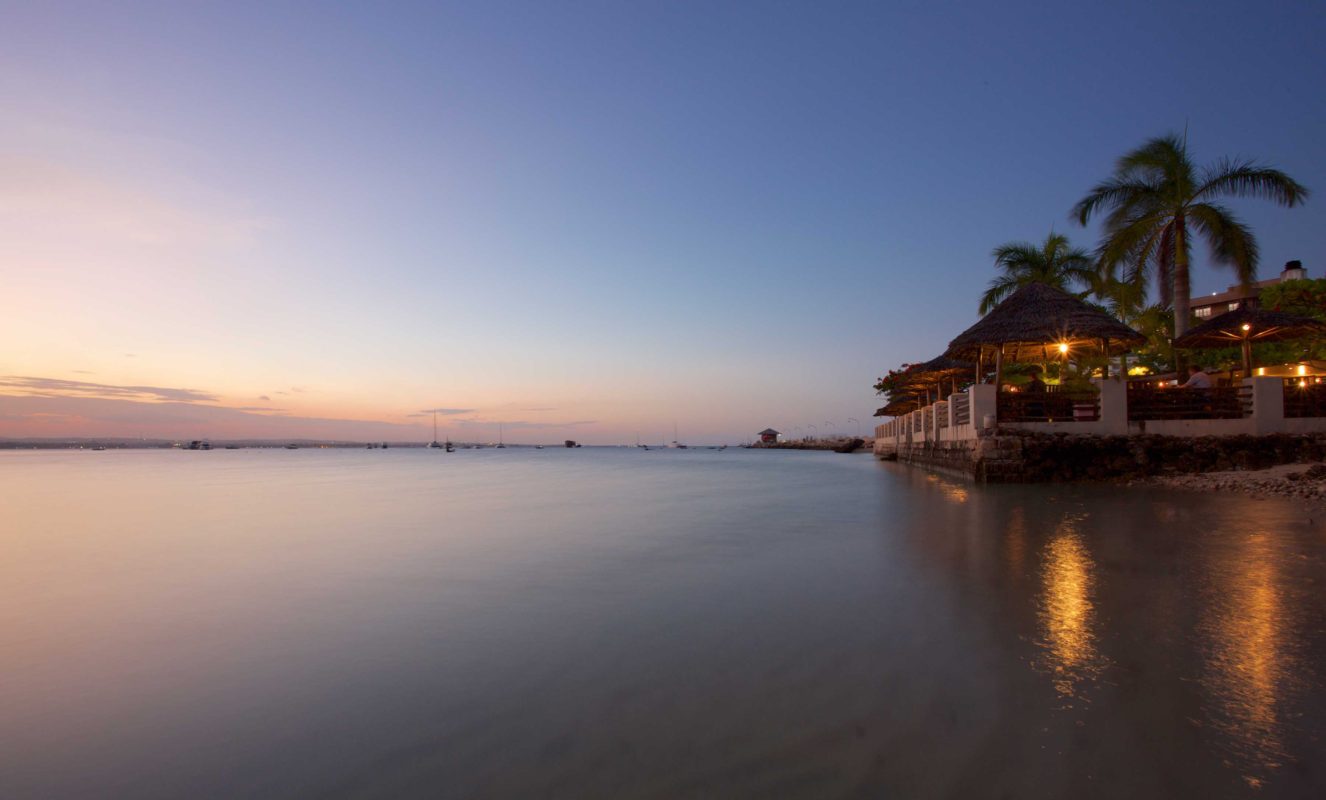
Tucked in the upscale neighborhood of Masaki, The Slipway has become an iconic stop for anyone looking to enjoy the softer side of city life. It’s a coastal haven of cafes, curio shops, restaurants, and shaded walkways overlooking the sea — ideal for both tourists and locals looking to unwind.
As you walk along the boardwalk, you’re treated to open ocean views, gently swaying palms, and the hum of conversation over cold drinks. Whether you’ve just flown in from a safari in the Serengeti or are preparing for a ferry to Zanzibar, Slipway provides the perfect pause in your travel.
Many come here just for the sunset dhow cruises — traditional wooden sailboats that gently drift out into the water during golden hour. These hour-long excursions let you see the city from a fresh angle, often with snacks and drinks provided, while the sky melts into hues of gold, pink, and purple.
And when you return to shore, dinner with a view is a must. Restaurants like The Waterfront Sunset Restaurant, with its breezy outdoor seating and ocean-fresh seafood, are perfect for romantic meals, family dinners, or casual evenings with friends. Try grilled prawns with coconut curry or a classic Nyama Choma (grilled meat platter), paired with a local brew or chilled white wine.
For those who love shopping, Slipway’s artisan market offers handcrafted jewelry, kitenge fabrics, wooden sculptures, and more. These make for perfect souvenirs and a chance to support local craftsmen.
Slipway isn’t just a destination—it’s a daily ritual for many. On weekends, expect to hear live acoustic music floating through the air and see kids playing along the water’s edge while artists set up canvases and stalls. It’s Dar’s own version of seaside serenity — easygoing, eclectic, and deeply Tanzanian.
Chill Cafés by the Coast: Where to Sip, Relax, and People-Watch
Slipway’s charm isn’t just in its views. It’s also a café culture hotspot. Spots like Terrace Restaurant, Veranda Tapas Bar, and Coral Ridge offer excellent coffee, smoothies, pastries, and full breakfast or brunch menus with a sea breeze as your dining companion.

Terrace Restaurant roof top restaurant
If you’re into wellness, there are even smoothie bars offering tropical fruit blends made with local mango, passionfruit, pineapple, and avocado. Whether you’re remote working or journaling your travels, these cozy spots offer the ideal blend of quiet and connection.
Street Food Adventures: A Culinary Safari Through Dar es Salaam
Discovering Tanzania’s Flavors — One Bite at a Time
Beyond the polished cafes of Masaki lies a vibrant street food scene that reveals the real Dar es Salaam. In neighborhoods like Kariakoo, Mikumi, and Coco Beach, food stalls spill onto the streets, serving smoky skewers, sweet fried dough, spiced teas, and hearty meals that have been passed down through generations.
Mishkaki: The King of Tanzanian Street Eats
If there’s one street food you must try, it’s mishkaki. These juicy meat skewers—typically beef or chicken—are marinated in a mix of garlic, lemon, chili, and spices, then grilled over open flames until slightly charred. They’re served with kachumbari (fresh tomato-onion salad) and often paired with chipsi (fries) or chapati (flatbread).
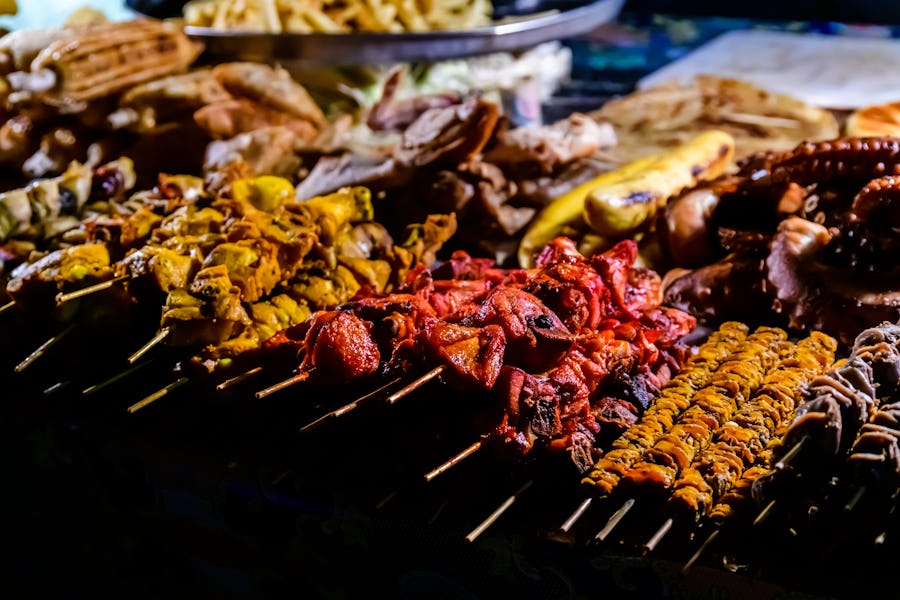
Mishkaki
You’ll find mishkaki being grilled from late afternoon until well into the night. The scent alone—smoky, spicy, irresistible—is enough to draw in crowds. Popular spots include open-air grills in Kinondoni, Magomeni, and the evening beachside vendors near Coco Beach.
Zanzibar Pizza, Chapati, and Vitumbua
Despite the name, Zanzibar pizza isn’t Italian — it’s a savory (or sweet) stuffed pancake made with eggs, onions, meat, and vegetables, all folded into dough and fried to golden perfection. For dessert, some vendors add banana, Nutella, and condensed milk for a sinful treat. You’ll find this snack at night markets, especially near Posta and Mlimani City.

Vitumbua
Chapati, meanwhile, is Tanzania’s flaky answer to a tortilla — delicious plain or with lentils and meat stew. Then there’s vitumbua, soft rice cakes with a slightly sweet flavor and a crusty edge, often sold by women carrying baskets on their heads during early mornings.
Street vendors also sell maandazi (sweet doughnuts), samosas, roasted maize, and sugarcane juice. It’s a city-wide buffet of flavor, texture, and aroma.
Where to Go for the Best Street Food
Neighborhood Food Hotspots
-
Kariakoo – One of Dar’s most dynamic markets and a street food heaven. Great for sampling all types of snacks, from cassava chips to grilled bananas.
-
Mwenge – Known for its bustling craft market and deliciously spicy mishkaki.
-
Coco Beach (Oyster Bay) – Best for evening grilled fish, cold drinks, and live local music on weekends.
-
Buguruni – Famous for authentic Swahili dishes and cheap eats.
For those who want a guided, safer, and informative food experience, Traford Safaris offers curated street food tours, led by local guides who help you navigate the stalls, understand what you’re eating, and even meet the vendors.
Connecting Culture and Cuisine: The Swahili Influence
Dar es Salaam’s food scene reflects its multicultural heritage — particularly Swahili, Arab, Indian, and African influences. Spices like cumin, turmeric, and cardamom are present in most dishes, and coconut milk adds richness to curries and stews. Chapati and pilau rice showcase the city’s Indian roots, while fish-based dishes nod to the coastal Swahili traditions.
Every bite in Dar is a piece of a larger cultural puzzle. Sharing street food is also a communal experience. Don’t be surprised if someone offers you a taste of their plate, especially if you’re a guest in the neighborhood. Tanzanian hospitality is warm, generous, and deeply woven into daily life.
Dar es Salaam After Dark: Food, Music, and Ocean Breezes
As the sun sets, Dar es Salaam doesn’t sleep—it transforms. Coco Beach comes alive with crowds of people enjoying grilled food, beach soccer, motorbike rides, and music thumping from car stereos. It’s chaotic, joyful, and utterly Tanzanian.
Seafood vendors serve grilled octopus, calamari, and red snapper, often cooked in coconut-based marinades. Dine with your feet in the sand and the sound of waves mixing with laughter. This is where you’ll really feel the pulse of the city — friendly, flavorful, and full of life.
For something more organized, Slipway’s live band nights offer a more refined take on nightlife. It’s a great place to relax with cocktails, good food, and a soft ocean breeze.
Practical Tips for Food and Waterfront Lovers
-
Time Your Visit: The best street food comes alive from 5 PM onward. For Slipway sunsets, arrive by 5:30 PM for the best views.
-
Bring Cash: Street vendors rarely accept cards. Small bills are most convenient.
-
Eat Like a Local: Don’t shy away from roadside spots, especially where you see crowds.
-
Respect Local Etiquette: Modest clothing is appreciated in more traditional neighborhoods. Ask before taking vendor photos.
Ready to explore the true taste of Tanzania? Let Traford Safaris Ltd take you on an unforgettable journey through Dar es Salaam’s coastal culture — from café to street corner, from spice to sea.


